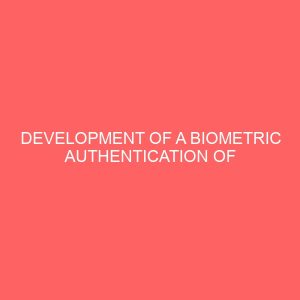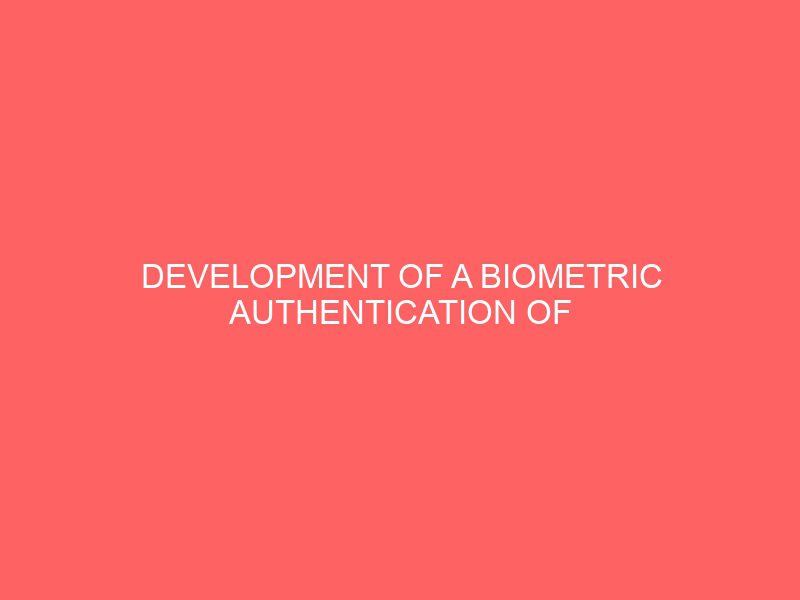Description
Abstract The elections that are made by using traditional methods are no longer preferred because of the long period of preparation, fake voting, faulty voting, mistakes made in counting the votes, long period of counting and the high cost of the voting process. In order to avoid these disadvantages affecting directly the economy and policy of the country, it is obligatory to carry the available voting system to an electronic system. Reacting to allegations of widespread voter impersonation (or “election rigging”, as commonly referred to in Nigeria) the Independent National Electoral Commission (INEC) attempted to conduct audits in several constituencies to determine the extent of multiple voting and voter impersonation. This should have been possible by comparing the fingerprints in the voters’ rolls with the fingerprints captured by polling officials. The audit results were inconclusive – while there was some evidence of multiple voting, the matter remained largely unresolved. The main obstacle to an effective audit was the poor quality of voter verification carried out by polling officials and the poor quality of ink for fingerprints.







Reviews
There are no reviews yet.